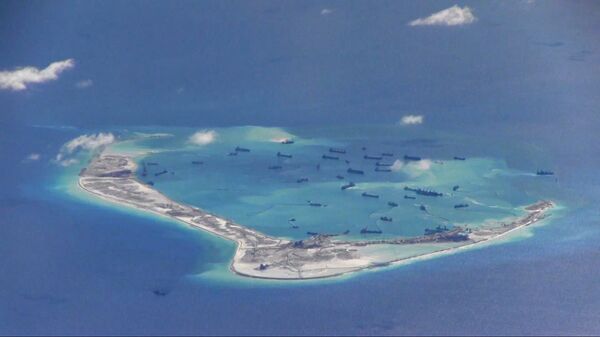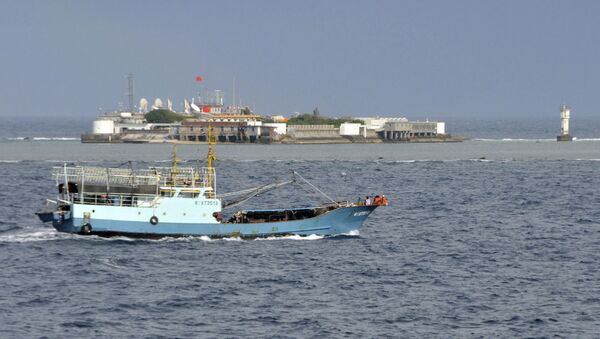"Their gestures include an agreement between China and the Association of Southeast Asian Nations (ASEAN) to finalize a framework for the Code of Conduct in the South China Sea before mid-2017 and a host of accommodating trilateral arrangements among China and new leaders in the Philippines and Vietnam," Texas-based think tank Stratfor detailed in its latest analysis.
In addition, Beijing has indicated that it wants to expand cooperation with Hanoi, using in a plan that will be modeled after the existing joint development and delimitation agreement the countries have applied in package in the Gulf of Tonkin as the basis.
Beijing's rediscovered interest in cooperation seems to go beyond the South China Sea. "China and Japan appear ready to resume a long-stalled dialogue on natural gas exploration in the East China Sea," Stratfor said.

Only time will tell whether Beijing is ready to become more flexible on the issue, but "to many claimant countries," Stratfor said, "developing maritime resources in the disputed areas of the South China Sea has become more of a crucial economic imperative than ever."
Take Vietnam, for instance. "With its near-shore oil and natural gas blocks long past their peak productivity, [Hanoi] needs new energy sources to satisfy its domestic economy and provide export revenue to pay for its growing demand for imported refined oil products," the analysts explained.
For its part, "the Philippines has some natural gas production but imports virtually all of its crude oil," they said.
"In theory, joint development arrangements could allow Beijing to justify its dominance of the South China Sea and expand outreach in areas in which it has no legal claim in a more cooperative manner, all while allowing claimants to acquire the resources they want," the analysts said. But it all will depend on China's willingness to "dampen its sovereignty claims now that it has established its tactical advantages" in the region.





